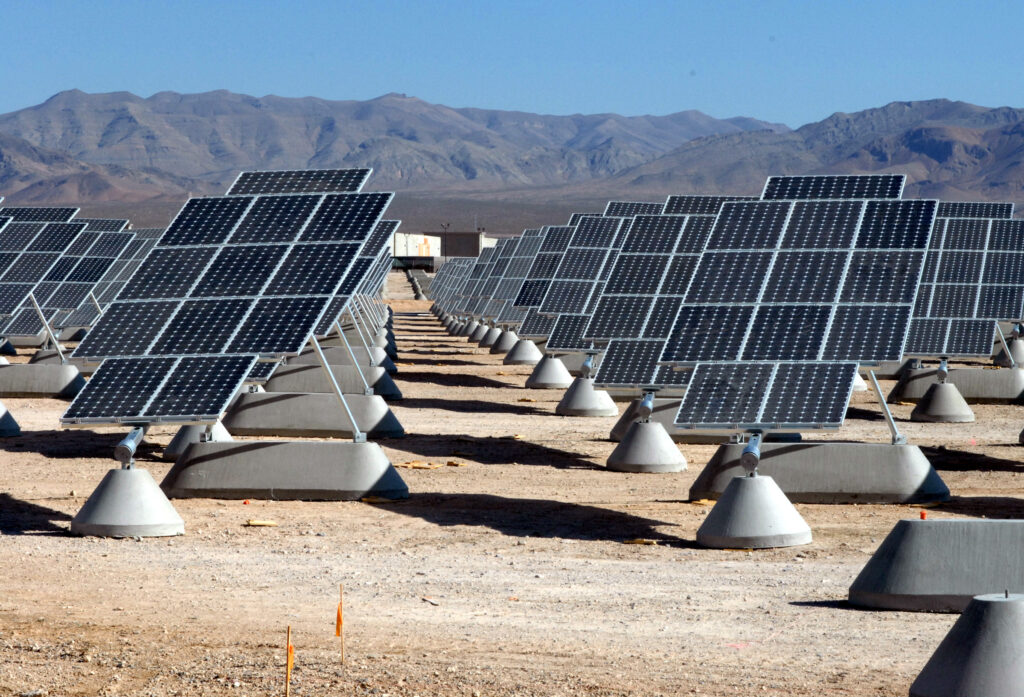If you’ve been on the fence about switching to solar power, some experts believe that the time to start getting serious about making a decision is now. At just a little over a year away, December of 2016 will mark the end of an era for solar subsidies, with the investment tax credit being scheduled to drop from 30% down to only 10% of total project costs. As a result, solar companies are scrambling to install systems for enterprises who hope to take advantage of the government’s support before it’s too late. According to the projections of GTM Research and the Solar Energy Industries association, we can expect a 24% increase in the number of installations completed this year over last year, and there’s no sign of those numbers falling in 2016. Consumers will continue pushing for a change to solar power as long as the subsidies last.
But what happens when 2017 rolls around? Is it absolutely necessary that you take the plunge and invest in solar right now? Not everyone agrees. By arming yourselves with the facts and consulting with industry experts, though, you can make the best decision for you and your enterprise.
The Case for Going Solar Now
The main motivation for making the choice to switch to solar before the end of 2016 rolls around is obviously money. With a 20% drop in government-backed financial support through subsidies, some businesses are panicking at the thought of being left to shoulder the extra costs on their own. Some experts are convinced that this will mean that project economies will become far tighter for enterprises and consumers. Ultimately, they are expecting a huge drop in the amount of solar installations that will be completed between the years 2017 and 2019. With less demand for installations, the costs could go up while also not providing enterprises with the same breaks and rebates that they enjoyed in previous years. It is for this reason that industry authorities like Rhone Resch, the President and CEO of Solar Energy Industries Association (SEIA) believe that it is “crucial” that the US government continue to support the solar sector via policies like the investment tax credit. Resch says this is the only way to guarantee the continued success of our economy and environment.
A Look at Solar Installations in 2017 and Beyond
Some experts disagree with the notion that the government needs to continue its subsidy programs and initiatives, arguing that the solar industry will continue to stand on its own two feet just fine. The VP and CEO of SudEdison, Inc., Brian Wuebbels believes that the drop in subsidies will not hurt business at all, and remains highly confident in the outlook of future industry growth. Lyndon Rive, CEO of SolarCity Corp. agrees, stating that he feels “really good about the company post-ITC reduction.”
These men are not alone in their thinking. Solar representatives across the nation have spoken out, stating that they have seen the drop coming and have been working to lower the costs of solar installations and to cover any potential losses elsewhere. In fact, GTM Research and SEIA have concluded that the price of solar has continued to go down between 2-6%, quarter by quarter. The costs associated of fixed-tilt solar systems in the utility sector have also plummeted approximately 13% annually. This should potentially encourage consumers to continue moving forward with plans to install solar systems, even after the ITC reduction. In other words, consumers should still be able to expect excellent deals and long-term savings without having to race to the finish line.
Ater all has been said and done, the decision to go solar or not is your own. Contact NuEnergen to partner in building a comprehensive energy strategy that is customized to your unique business.

